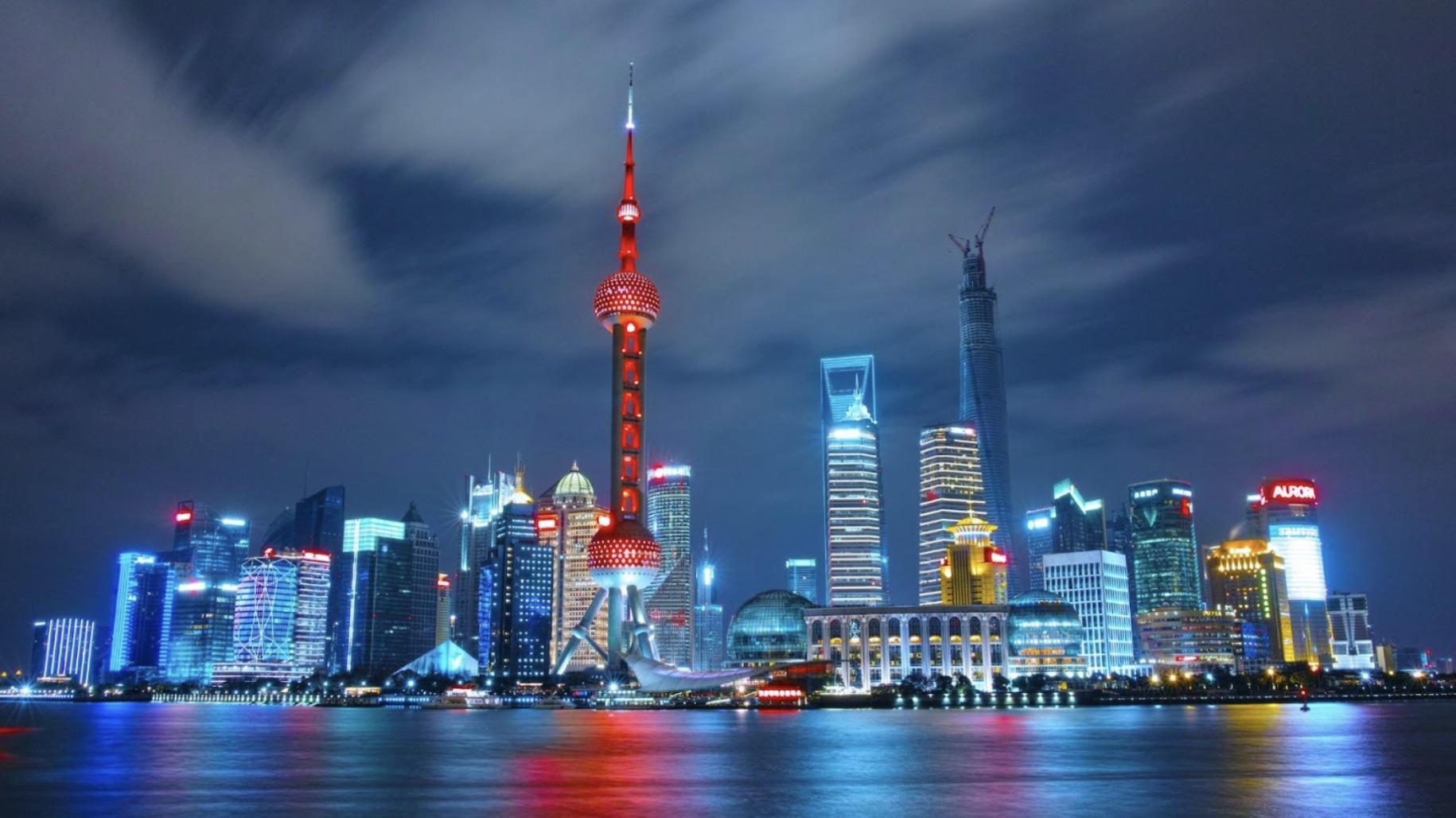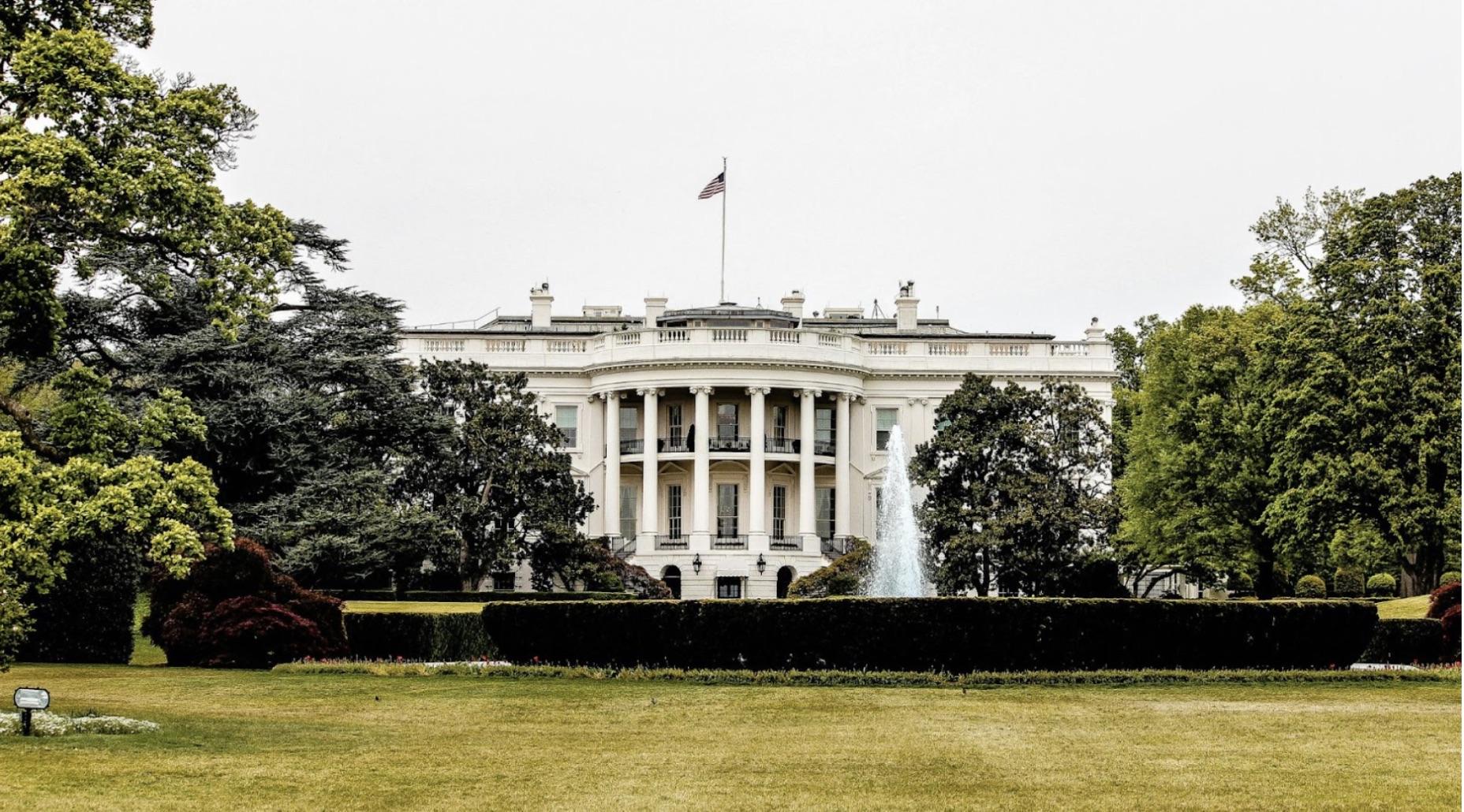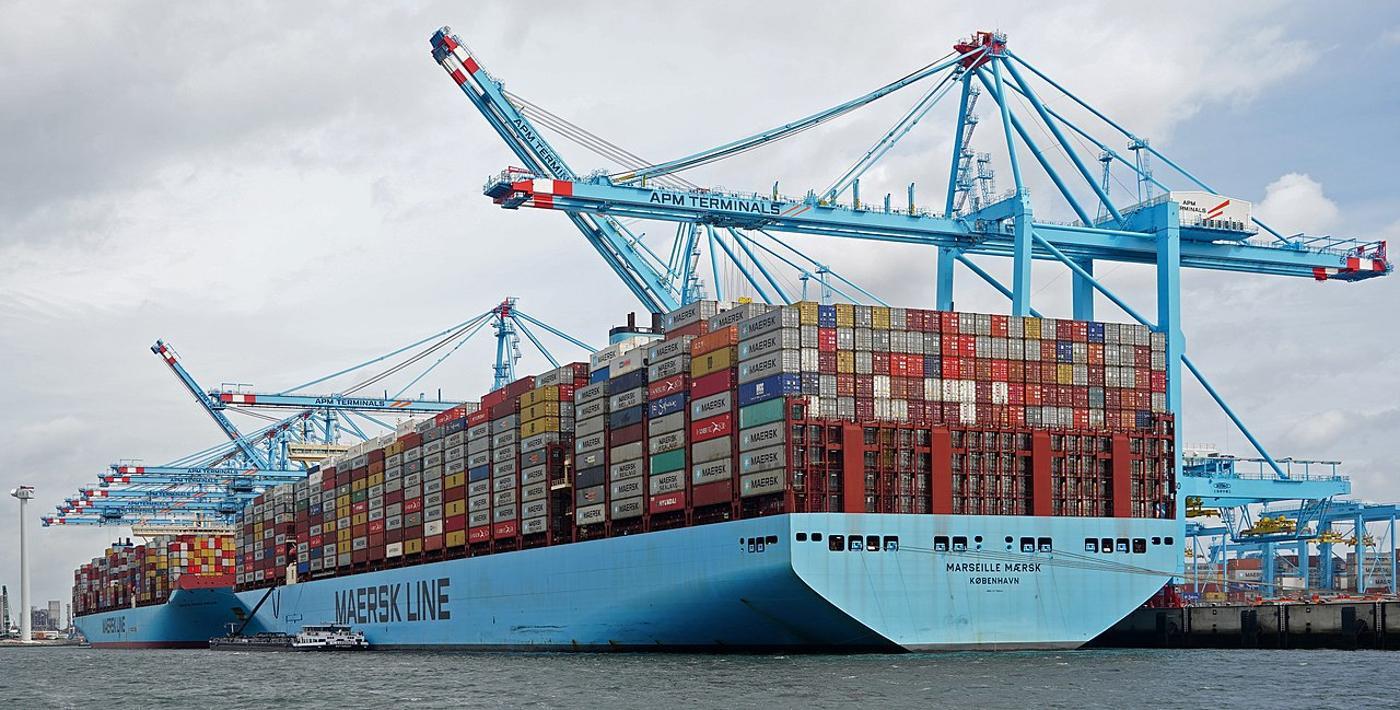In recent years, China has seen a growing trend of companies deciding to pack up and leave the country for good. Most recently, Shell has decided to close one of its units in China.
While many U.S.-based companies have chosen to leave China as tensions between the two countries continue to grow, various companies from countries around the world have also chosen to leave, for different reasons.
Shell Leaves China

Shell is the latest company to decide to leave China. The company decided to close down one of its small power generation units in the country.
The massive company still remains profitable around the world, as it posted profits of $7.7 billion in the last three months. However, while Shell made $1.8 billion in the U.K. last year, it only made $227 million in China during the same time.
Companies Are Pulling out of China

While the shuttering of a Shell unit in China isn’t necessarily a huge move by the company itself in the grand scheme of the rest of their worldwide corporation, it does signal a growing trend that China is experiencing.
In just the last few years alone, more companies have seemingly realized that China doesn’t offer the business profits that they once thought they did. As a result, they’re slimming down their operations in the country — or leaving altogether.
Business Opportunities in China

Not too long ago, many Western companies began to invest in China, moving aspects of their company there. They saw a country that had unlimited business opportunities.
For a while, these companies did prosper in China, and they were able to rake in profits. However, all of that has changed recently.
Why Are Companies Leaving China?

Companies and firms have decided to leave China for ample reasons. In the last decade, tensions between the United States and China have escalated. Some U.S. companies have left China because they don’t want to be caught up in any turmoil if relations continue to fall apart.
China has also created tighter regulations on businesses, which has led to more data privacy, cyber security, and anti-espionage laws impacting how many do business.
China’s Many Problems

While stricter laws and regulations have left many businesses deciding to move elsewhere, there are so many other issues throughout China that have resulted in this business migration trend.
For example, some companies have chosen to leave China because of the country’s ongoing human rights abuse allegations. Meanwhile, others have left because of what the government is doing in China, or because of intellectual property theft problems.
Companies That Have Left So Far

Thus far, some major companies have left or slimmed down their operations in China. Shell is the latest.
Apple, Nike, Samsung, Stanley Black & Decker and Blackrock are just a few other major corporations that have chosen to change how they conduct business in China.
Offices Move From China

While many corporations such as Shell have changed how some of their factories and units operate in China, these types of businesses aren’t the only ones deciding to leave the country.
U.S. law firm Mayer Brown, one of the biggest law firms, has recently revealed that it is offloading its offices in Beijing, Hong Kong and Shanghai.
China’s Economy

China’s economy hasn’t been great, either. Foreign investment in the country has now fallen to a new 30-year low, a shocking reversal from what was common just a decade ago.
Many overseas investors are now thinking twice about putting their money in China, especially after corporations such as Evergrande are collapsing and leaving behind major losses.
The U.S. vs China

Some companies have chosen to leave China behind thanks to how tense things are between them and the U.S. right now. While relations could always improve, many analysts don’t believe this will happen anytime soon.
If China indeed unites Taiwan with the Chinese mainland — as they’ve threatened they will do — the relations between China and the U.S. will further collapse thanks to economic and trade sanctions.
Trump Back in the White House

Experts also warn that U.S. business in China will likely falter even more if former President Donald Trump wins back the White House in November.
Tensions between China and the U.S. greatly escalated when Trump was first in office. Though things haven’t gotten better since President Joe Biden has been in the White House, many analysts believe that the situation between the two countries will be phenomenally worse if Trump wins the election.
More Sanctions

Even if Trump doesn’t win back the White House — a scenario that would be a worst-case scenario for Chinese government officials — bad blood between China and the U.S. will likely remain.
Biden’s administration has already threatened that they would put sanctions on the Chinese banks involved with trade deals that allow Russia to get military goods. If they follow through on this, we may see even more U.S. companies quickly flee China.
Impact on Global Supply Chains

The departure of companies from China is causing significant disruptions in global supply chains. Firms are now seeking alternative manufacturing hubs such as Vietnam, India, and Mexico.
These shifts are reshaping global trade patterns and creating new economic alliances. As companies diversify their supply chains, they are also enhancing their resilience against future disruptions.
Rise of Technology and Automation

As companies leave China, many are turning to advanced technology and automation to mitigate rising costs and navigate regulatory challenges.
The adoption of robotics and AI in manufacturing processes is becoming more prevalent, reducing reliance on human labor and allowing for greater efficiency and flexibility in operations.
Environmental Considerations Driving Relocation

Stricter environmental regulations in China and a global focus on sustainability are driving companies to relocate. Firms are moving to countries with more favorable environmental policies, aligning with broader corporate social responsibility goals.
This move meets consumer expectations for greener practices and reduces environmental footprints. As sustainability becomes a key business priority, companies are rethinking their global operations to ensure compliance and enhance their brand reputation.
Evolving Consumer Preferences

Global consumers are increasingly demanding ethically sourced and manufactured products. Companies are adjusting their operations to align with these values, often moving away from China due to concerns over alleged labor practices and human rights issues.
By relocating, companies aim to enhance their corporate image and meet the growing demand for responsible production.
Attractive Government Incentives

Governments worldwide are offering incentives to attract businesses leaving China. Examples include India’s “Make in India” initiative and Mexico’s favorable trade agreements with the US.
These incentives, such as tax breaks, subsidies, and streamlined regulatory processes, are designed to create a more attractive business environment. This competitive landscape is encouraging companies to explore new markets and take advantage of favorable conditions for growth.
Economic Impact on Local Chinese Regions

The departure of multinational corporations is leading to job losses and economic decline in affected regions within China.
Local businesses and governments are seeking ways to mitigate these impacts by revitalizing the economy through innovation and entrepreneurship. Efforts include boosting domestic industries and supporting small and medium-sized enterprises (SMEs).
Strategic Shifts in Risk Management

Companies are prioritizing geopolitical stability, regulatory predictability, and resilience against future disruptions. This strategic shift is leading to more diversified and robust global operations.
By spreading their risk across multiple countries, companies are better equipped to handle geopolitical tensions and economic uncertainties. This approach ensures long-term stability and reduces vulnerability to external shocks.
Potential for Future Investment

Despite the current trend, China could eventually regain its attractiveness for foreign investment. Potential policy changes and improvements in the business environment could reverse current trends.
Stabilization of international relations and economic reforms may also play a key role. Companies will likely remain cautiously optimistic, watching for signals that could indicate a more favorable investment climate in the future.
Success Stories of Relocated Businesses

Several companies have successfully relocated their operations from China, navigating the challenges and reaping the benefits. For example, Apple has diversified its manufacturing across several countries, reducing its dependence on China.
These success stories highlight the strategic advantages of relocation, such as improved operational efficiency and access to new markets. They serve as examples for other businesses considering similar moves.
Long-Term Economic Outlook for China

The long-term economic impact of companies leaving China is significant. Analysts predict that this trend will affect China’s economic growth and development. The country may need to implement substantial reforms to attract and retain foreign investment.
Strategies could include enhancing the business environment, improving regulatory frameworks, and fostering innovation. These changes are essential for maintaining China’s position as a global economic power.
Global Economic Implications

The exodus of companies from China is also affecting the global economy. This shift impacts international trade, investment flows, and economic growth in other countries.
As businesses relocate, they contribute to economic development in their new host countries. This redistribution of economic activity is reshaping the global economic landscape, creating new opportunities and challenges for countries worldwide.
Policy Recommendations for Host Countries

To attract businesses leaving China, host countries should create favorable business environments and offer competitive incentives. This includes infrastructure development, regulatory reforms, and support for innovation and technology adoption.
By providing a stable and attractive environment, countries can position themselves as prime destinations for foreign investment.

